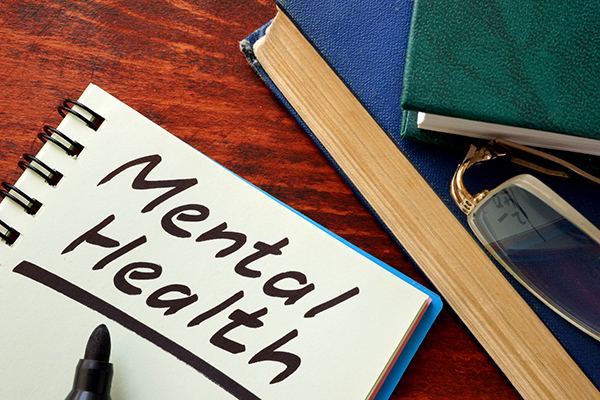
Trying to raise awareness about mental health problems is about describing experiences, and identifying sources of support. However before we start making people more aware of specific problems, we need to overcome some barriers, first of which is what words to use to describe the issues involved. I’ve used one term already – mental health problems – and there are many more. The Mental Health Act uses the term mental health disorder. That’s another broad term defined as any disorder or disability of the mind. That definition doesn’t even tell us what the mind is – that’s a subject for another whole discussion!
The right words
Let me give some examples of the different terminology that’s used. You’ve probably heard the terms and wondered what the difference is between them. To be honest they probably mean the same thing, but the perspective of the person using the term may be different. Different views of the causes and experiences of mental health problems are reflected in the language used. People talk of the following:
- Mental illness
- Mental disorder
- Mental health problems
- Mental health issues
We might all be talking about the same thing, but the words we use may be ‘loaded’ with other implications. So you can see that if someone is medically trained, or legally trained may use different terminology than someone who is a mental health advocate involved in campaigning against stigma. A mental health nursing text book I have used (Roberts M. Critical Thinking and Reflection for Mental Health Nursing Students 2015) invites students to think about the appropriateness of some other terms and what perspective the person using them might have:
- Mental health difficulty
- Mental distress
- Madness
Getting to the point
The discussion involved in thinking about what words we used to describe mental health and people’s experiences of it is potentially never-ending! So, I find it quite refreshing to come across a website contained within the pages of Mental Health Today. It acknowledges how uneasy people can feel about some of the wording used, but doesn’t spend a lot of time trying to explore these. It jumps straight to some very simple but helpful descriptions of people’s experiences of what the site calls disorders, specifically:
- Anxiety
- Bipolar
- Borderline personality disorder
- Depression
- Schizophrenia
- Self-harm
The site is geared to people with their own mental health experiences but I think is a very useful overview for people working in health and social care. It talks about what the titles mean, what are the symptoms, and how people can be helped to cope with them. You can view the site here.





